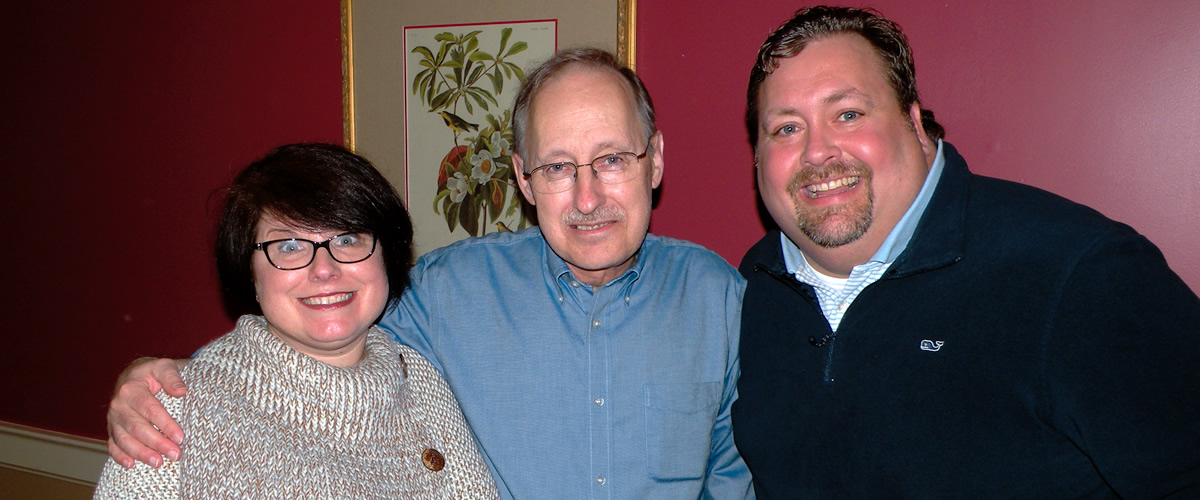HD Reach, an organization devoted to the care and support of North Carolinians suffering from Huntington’s disease, was at a pivotal point in its relatively brief history. After six years, its leaders wanted to expand and reorganize to help more patients across the state.
They needed more talent, better finances and a stronger governing structure. That meant an overhaul of their board, fundraising, financial management and database of clients and care providers.
For advice and counsel in those areas and more, HD Reach turned to Executive Service Corps of the Triangle (ESC). “They delivered high-quality consultants and people with executive experience that we could not have afforded any other way,” said Dr. Mary C. Edmondson, co-founder and president of HD Reach.
Dr. Edmondson had helped create HD Reach in 2009, stirred in part by her father’s death from Huntington’s disease, a genetic disorder that affects nerve cells in the brain. It is a degenerative disease, and, although there is presently no cure, symptomatic treatment improves quality of life and the ability to function. HD Reach provides the support and access to specialized care that patients and their families need to live well with Huntington’s disease.
After six years, she felt it was time for her to step aside for new leadership, although she remains committed to the organization and the cause. But, first, she helped lead the top-to-bottom overhaul of HD Reach, accomplished in 2015 with ESC’s volunteer consultants helping to guide the reorganization. “ESC has been a huge part of our success and our growth,” she said.
There are about 1,000 Huntington’s disease patients in North Carolina, and, for each, five other people in the same family are at risk of having inherited the genetic flaw that causes it. To assist them, HD Reach works with about 310 care providers serving 722 patients. It has support centers in the Triangle, the Triad and Charlotte, with a new one to open in eastern North Carolina in 2016 and a fifth to open later in the west.
The geographic reach is important to patients because travel becomes increasingly difficult as the disease progresses. The goal is for each patient to have access to care no more than an hour from home, Dr. Edmondson said.
Reorganized, HD Reach will be led by an elected board chair. What had been an operating board will be a governing board dedicated to advocacy and fundraising instead of overseeing operations. That work is now done by a new executive director, Ann Lassiter, who was on the board for two years before moving to her new role.
All this comes at a time of planned expansion in the budget and reach of the organization. Over the past two years, the budget has been tripled. The funds are raised through foundation grants, corporate contributions and individual donations.
Lassiter recounted that the organization knew what it wanted to accomplish before the overhaul, but “we kept spinning our wheels.”
“ESC helped to spur us on. They’ve given us forward momentum,” she said. “I am in awe of the background and knowledge of their consultants.”
One major advance, Dr. Edmondson said, is in the overhauled database created with ESC consultant help.
“Now, for the first time, we have data that we can analyze – information on patients, their needs and their care,” she said. “With that, we can break down barriers, and average people can get the help they need.”
“ESC really helped us to become more efficient,” Lassiter said. “It’s been a very good experience.”

